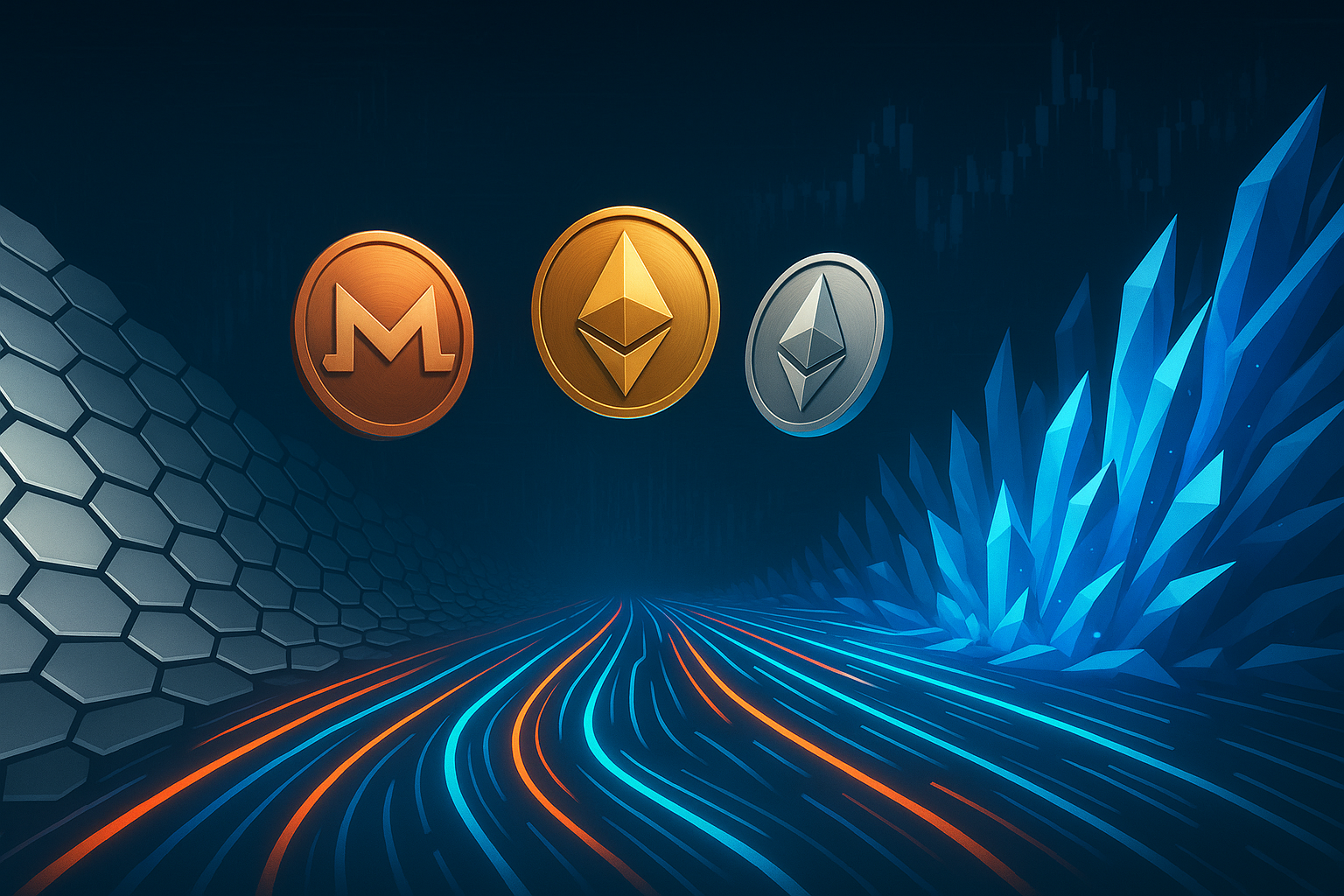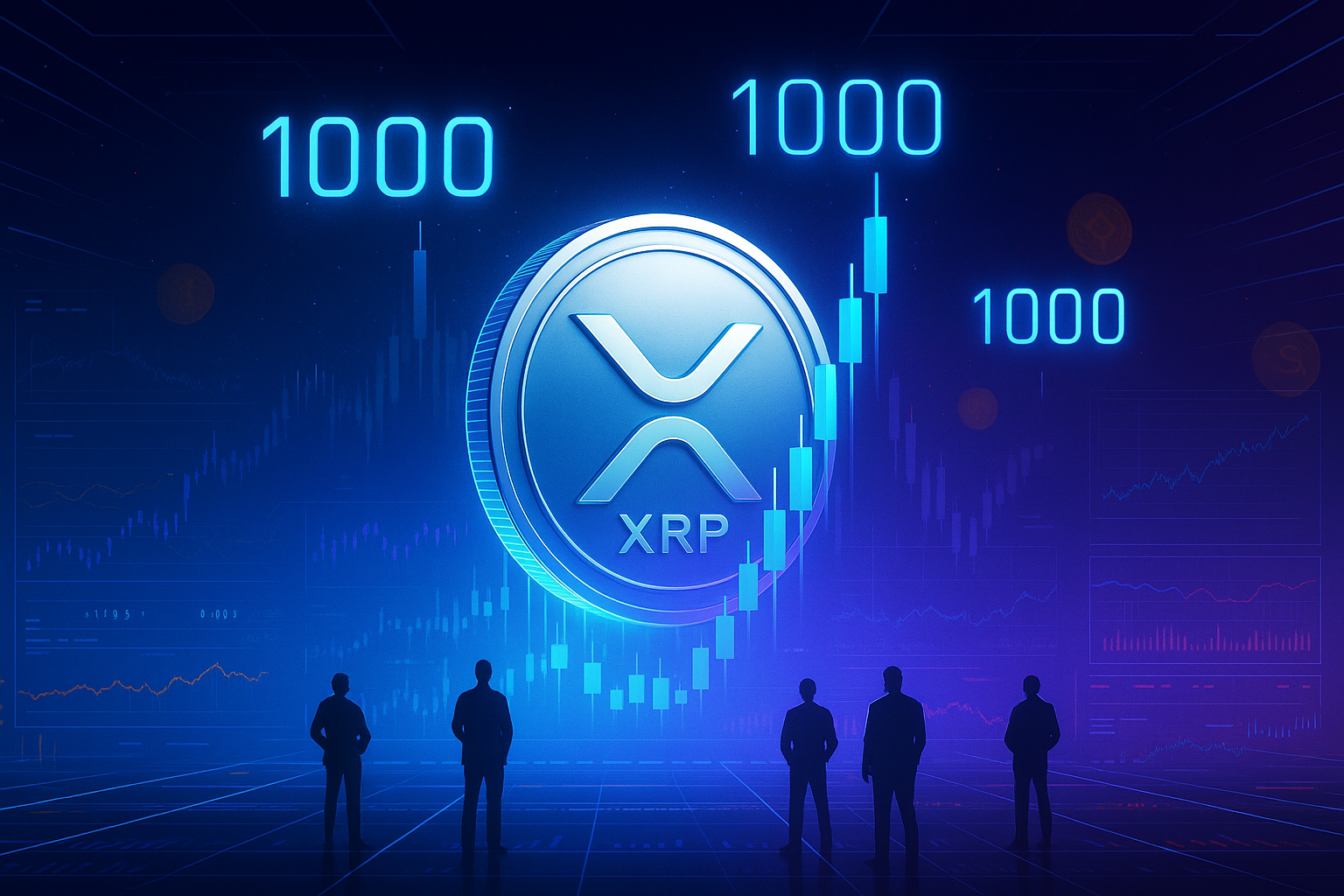The upward push of crypto trading has made token flipping on decentralized exchanges, or DEXs, extra popular. DEXs let customers trade directly from their wallets, which is different from controlled exchanges. A crypto swap site lets people trade without any middlemen, giving them complete control over their money. This direct method lowers the chance that hacks will hurt a central authority.
How Centralized Exchanges Work
Centralized exchanges keep users’ money and handle trading on their own. They are easy to use, but they are also easy to hack and have problems with the law. Platforms that say they are BTC platforms but don’t require KYC make it easier for anyone to utilize them, but customers still trust the exchange to keep their funds safe. If someone hacks or mismanages the site, all of its users could lose a lot of money.
Security Advantages of DEXs
One of the most important security benefits of decentralized exchanges is that users keep ownership of their private keys. On a crypto swap platform, exchanges happen directly between wallets, which means you don’t have to rely on other people as much. This lowers the chance of losing money when exchanges fail or get hacked. Users can quickly swap tokens without having to worry about their financial privacy and safety.
Privacy Benefits of No-KYC Platforms

With a BTC platform that doesn’t require KYC, users can trade without having to show proof of identity. This is appealing to traders who care about privacy and wish to stay anonymous when trading in crypto marketplaces. DEXs commonly work with these platforms to help users trade assets safely without giving their personal information. This makes users safer and stops unwanted tracking.
Liquidity and Trading Options
DEXs have become much more liquid, which makes it easier to swap tokens. A crypto exchange service can connect consumers to many liquidity pools, giving them competitive rates without having to go via a central authority. There exists a certain degree of experience slippage; however, decentralized exchanges (DEXs) are enabling users to monitor their transactions without facing hidden fees or delays.
Risks and Considerations
DEXs have problems, even though they are safer. Users are in charge of keeping their wallets safe and knowing how to make transactions. Using a btc platforma no kyc that doesn’t require KYC offers anonymity, but traders need to be careful of fraud and tokens with little liquidity. Doing your homework and trading carefully lowers risks, which makes DEXs safer for those who know what they’re doing.
Final Thoughts on Trading Safety

For traders who cost manipulate, privacy, and openness, decentralized exchanges provide a more secure choice. A crypto exchange platform lets you quickly swap tokens without having to go via a central authority. Centralized exchanges are easy to use, but they are also more likely to be hacked and have problems with the law. In the end, the trader’s priorities and expertise on the platform will determine what they choose.
Conclusion
DEXs may be safer for token swapping than centralized exchanges because they give you more control and privacy. Traders can trade anonymously and safely on a BTC platform that doesn’t require KYC. Ghost Swap is a safe way to trade cryptocurrencies that puts security, privacy, and easy access for all users first.





